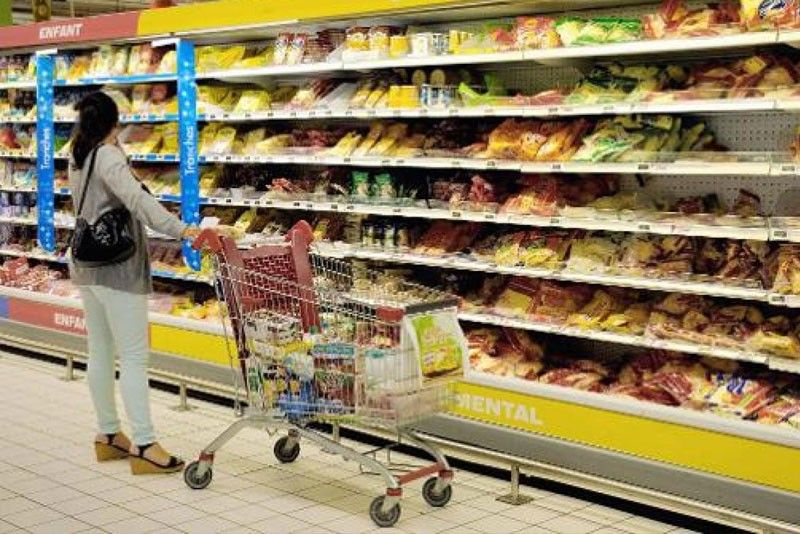Philippines: BSP sees 3.8-4.6% inflation in March
MANILA, Philippines — The Bangko Sentral ng Pilipinas (BSP) said the consumer price index would remain elevated, rising from 3.8 percent to 4.6 percent in March, amid more expensive electricity, weak peso, as well as higher oil and food prices.
The central bank’s Department of Economic Research (DER) said it incorporated all recent developments and information that could affect price dynamics, including the actual February inflation rate.
“Adjustments in electricity rates owing to increased power generation charges as well as higher prices of domestic petroleum products, reflecting recent depreciation of the peso, are expected to contribute to upside price pressures,” the BSP unit said.
The BSP also said it observed higher rice prices last month.
According to the BSP, the upside pressures could be partly offset by lower LPG prices.
“Going forward, the BSP will continue to monitor closely evolving price conditions over the policy horizon against any signs of incipient price pressures, and stands ready to take appropriate measures as necessary to ensure that the monetary policy stance continues to support BSP’s price stability objectives,” it added.
The Philippine Statistics Authority (PSA) has shifted to the 2012 base year in computation of the February inflation but is expected to release two series including the 2006 base year until June this year.
In its recent assessment, the BSP’s Monetary Board raised its inflation forecast to 3.9 percent instead of 3.8 percent this year before easing to three percent instead of 3.1 percent for this year. This is within the two percent to four percent target set by the central bank for 2018 to 2020.
The higher forecast for this year came from higher food prices due to the end of the harvest season as well as the depreciation of the peso against the US dollar.
For next year, the lower forecast was due to the projected slower growth in oil prices, the effectivity of mitigants such as the rice tarrification and the conditional cash transfer program and lower base effects.
Using the 2012 base year, inflation kicked up to 3.9 percent in February from 3.4 percent in January due to transitory effects of the implementation of Republic Act 10963 or the Tax Reform for Acceleration and Inclusion (TRAIN) Law. This brought the average inflation to 3.6 percent in the first two months of the year.
However using the old series of 2006 prices, the CPI leapt to 4.5 percent in February from four percent in January, bringing the average to 4.2 percent in the first two months of the year. Under the series, inflation is seen hitting 4.5 percent instead of 4.2 percent this year, before easing to 3.5 percent next year.
Source: https://www.philstar.com/business/2018/04/01/1801587/bsp-sees-38-46-inflation-march#sjY1FYjUTZZQeP8I.99


 English
English




